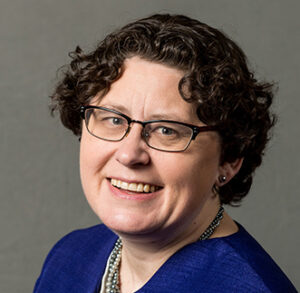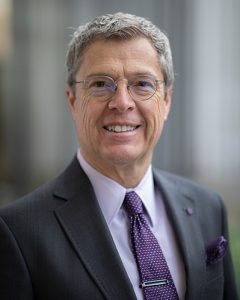Registration and Deregistration of Religious or Belief Communities and Security
 Elizabeth A. Clark is Associate Director, International Center for Law and Religion Studies and Regional Advisor for Europe at the J. Reuben Clark Law School, Brigham Young University
Elizabeth A. Clark is Associate Director, International Center for Law and Religion Studies and Regional Advisor for Europe at the J. Reuben Clark Law School, Brigham Young University
Presentation at the Ministerial to Advance Freedom of Religion or Belief (November 16, 2020, Warsaw, Poland)
In working with government officials and others around the world, I often hear arguments along these lines: religion and religious extremists pose an existential threat to our country. Freedom of religion or belief is a luxury we cannot afford [1]. We have a responsibility to our people to screen out religious groups that are extremist or a danger to the community. We need to have laws limiting registration and banning extremist groups. Our national security depends on it.
Although this has a certain logic, empirical research shows that this argument turns out to have it backward. Using registration as a means of screening out new, unknown, or potentially threatening religious groups has been shown to undermine security and increase the likelihood of religion-related violence.

